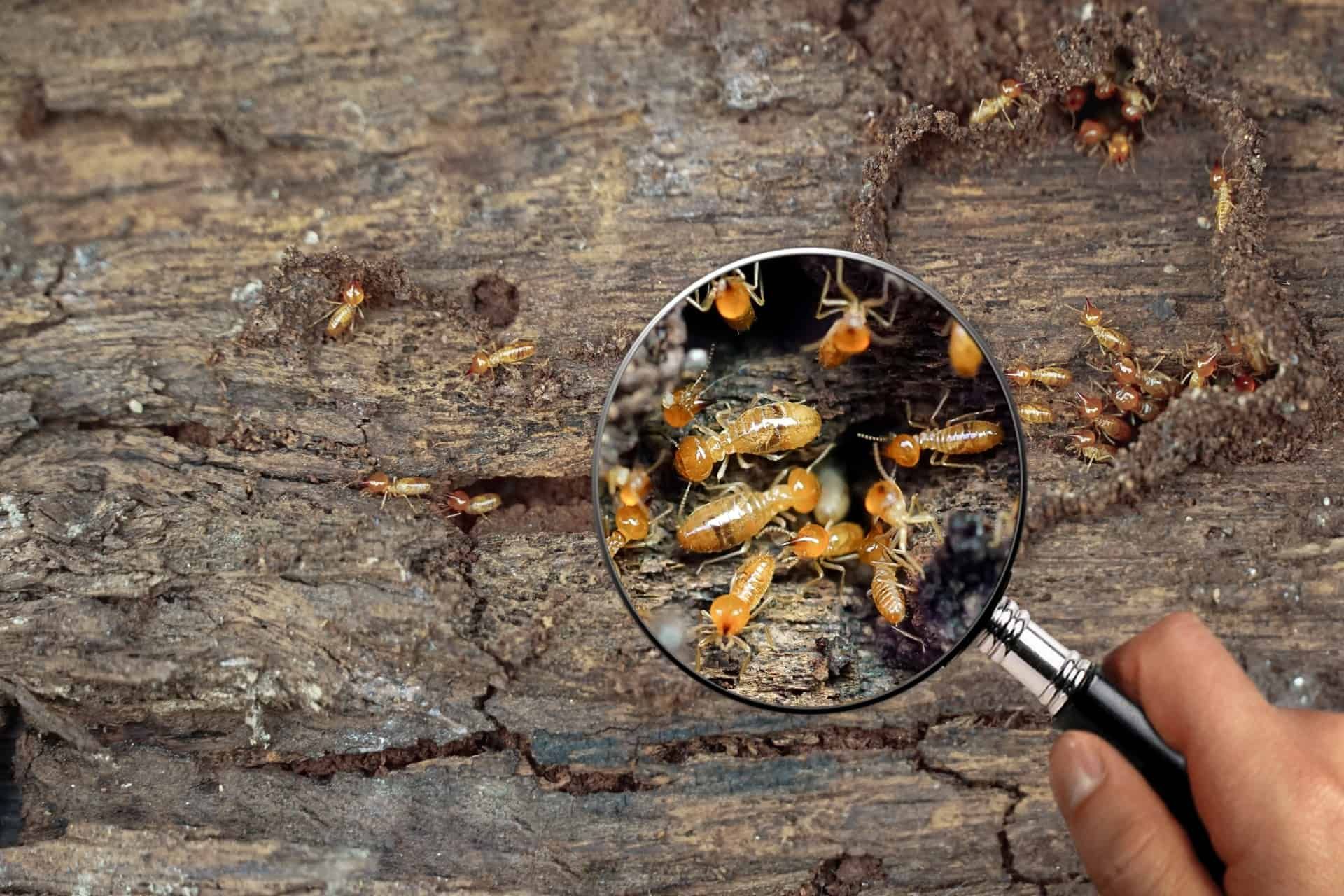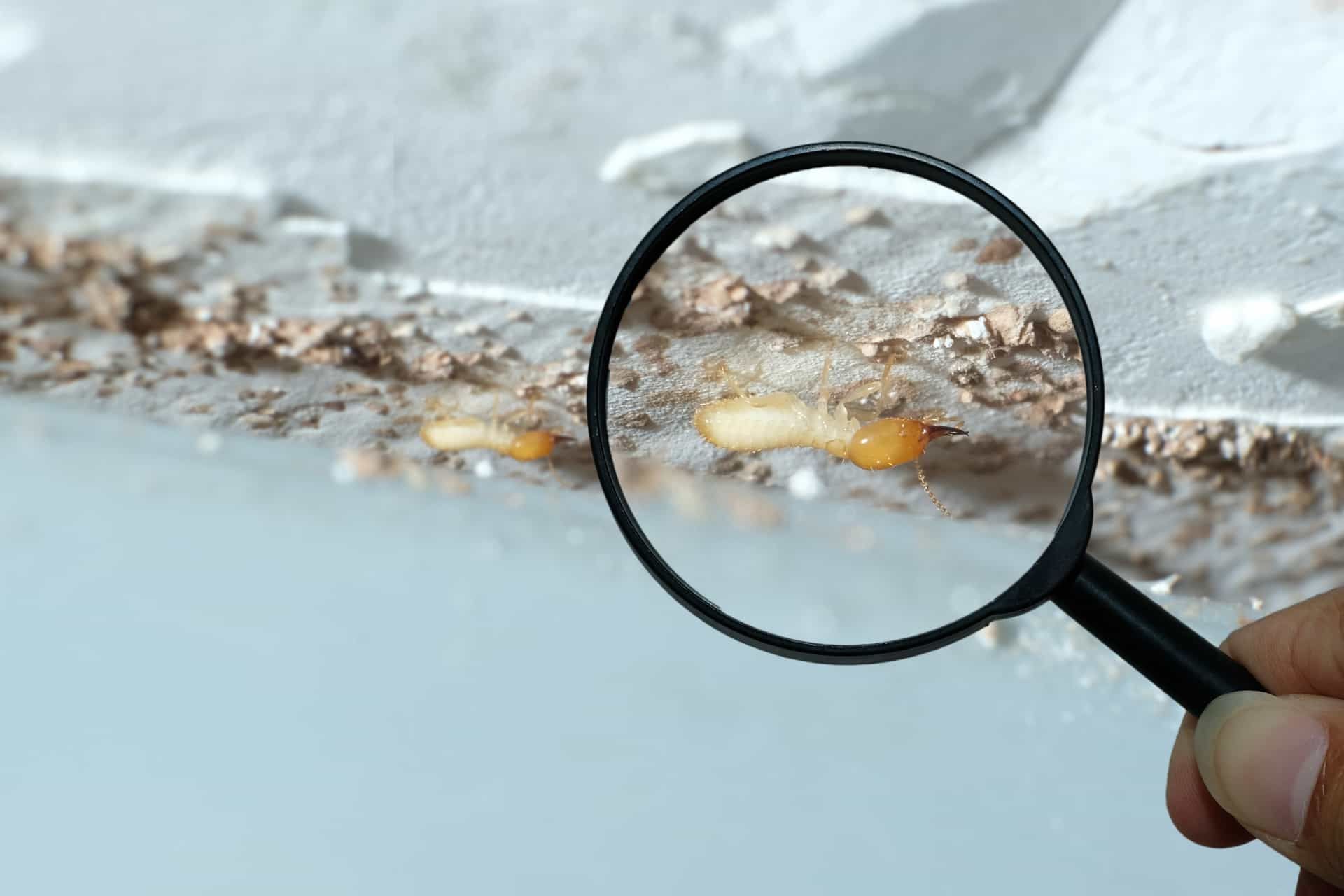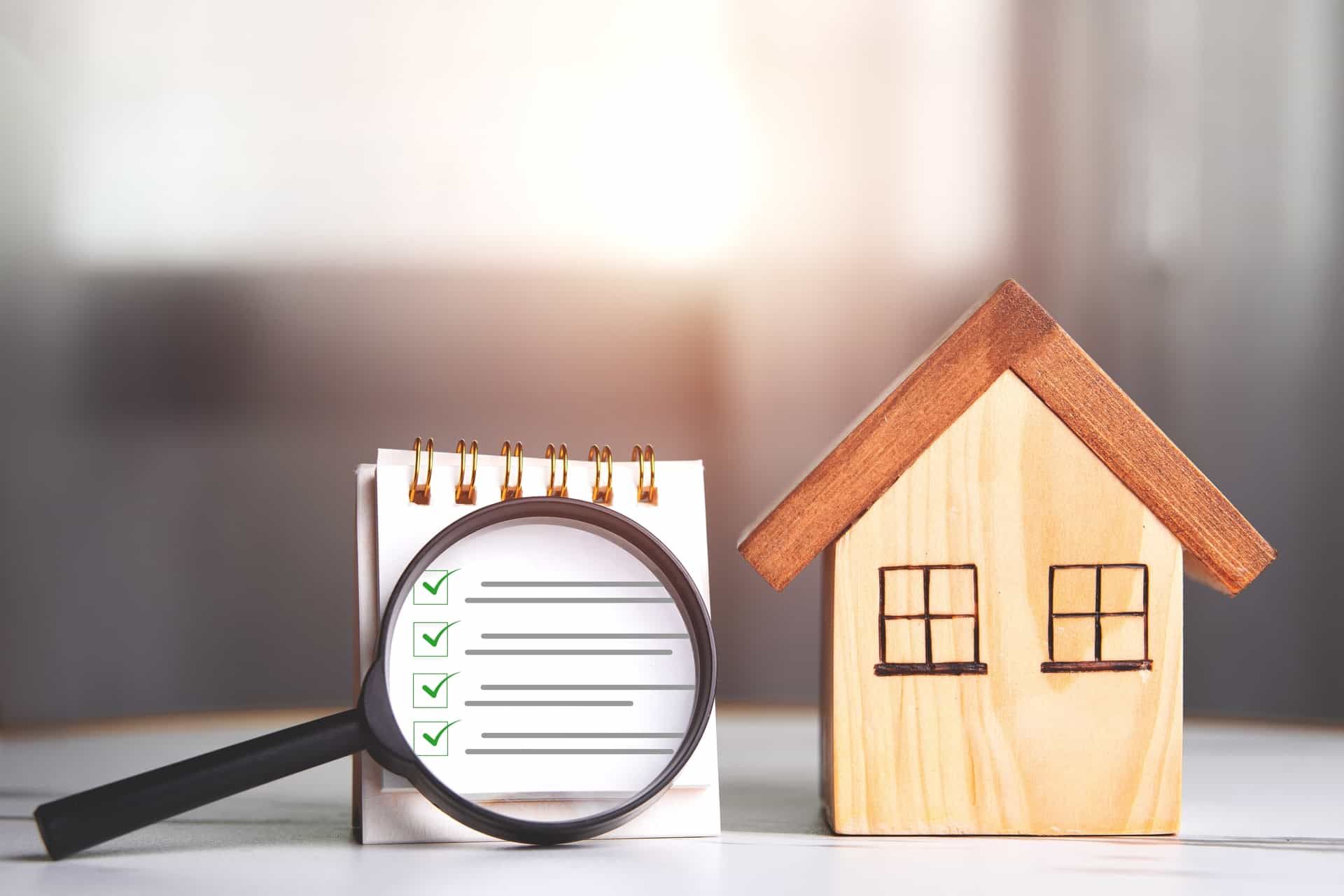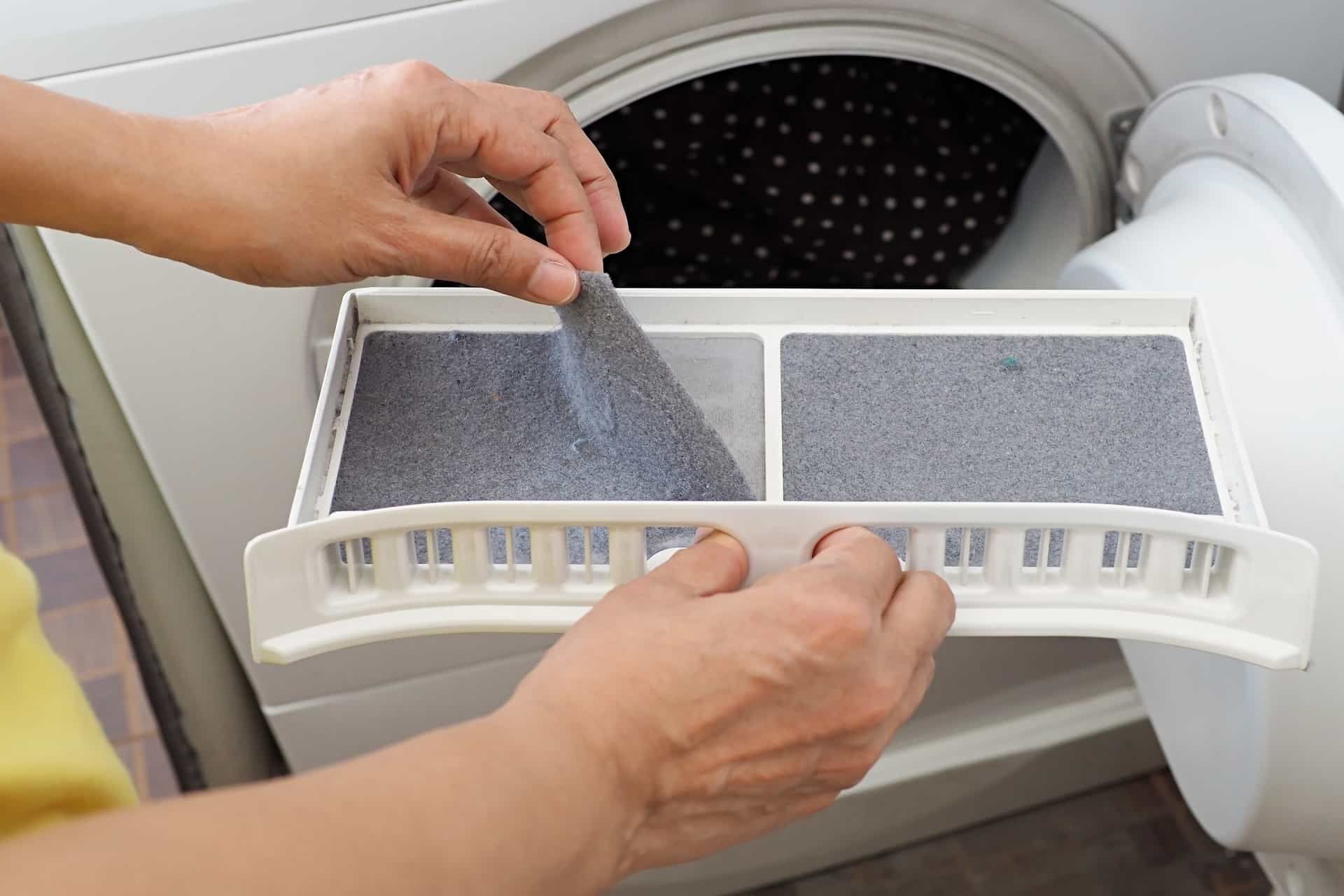Servicing Maryland, Pennsylvania, Washington DC, and Virginia
The Role of Water Testing in Home Inspections: Ensuring Safe Drinking Water
When purchasing a home, ensuring that the property is safe and livable is paramount. One crucial aspect often overlooked is the quality of the water supply. Water testing in home inspections is vital for determining the safety and quality of drinking water, protecting your health and investment. This article explores the significance of water testing during home inspections and how it ensures safe drinking water for you and your family.
Why Water Testing is Essential in Home Inspections?
Water is a fundamental necessity, and its quality directly impacts your health and well-being. Water testing in
home inspections identifies potential contaminants and ensures that the water meets safety standards. Here are several reasons why water testing is indispensable:
1. Health and Safety
Contaminated water can cause numerous health issues, including gastrointestinal illnesses, neurological disorders, and reproductive problems. By conducting water testing, you can identify harmful substances such as bacteria, lead, nitrates, and pesticides, ensuring that the water is safe to consume.
2. Regulatory Compliance
In many areas, water quality testing is a regulatory requirement during property transactions. Ensuring compliance with local, state, and federal water quality standards can prevent legal issues and ensure a smooth buying process.
3. Protecting Your Investment
Buying a home is a significant investment. Discovering water quality issues after purchasing can lead to costly repairs and water treatment solutions. Water testing helps you make an informed decision and negotiate repairs or price adjustments if necessary.
4. Peace of Mind
Knowing that your drinking water is safe provides peace of mind. Water testing can reveal issues that might not be visible, such as contamination from old plumbing systems or natural sources.
What Water Testing Involves?
Water testing in home inspections is a thorough process that examines various aspects of water quality. Here are the critical components of water testing:
Testing for Contaminants
- Biological Contaminants: Testing for bacteria, viruses, and other microorganisms that can cause illnesses.
- Chemical Contaminants: Detecting harmful chemicals such as lead, arsenic, nitrates, and pesticides.
- Physical Contaminants: Checking for sediment, turbidity, and color that can indicate other underlying issues.
- Radiological Contaminants: Identifying radioactive substances that may pose long-term health risks.
Analyzing Water Source
The water source, whether it’s a private well or a municipal supply, significantly impacts water quality. Testing evaluates the water source's safety and reliability.
1. Assessing Plumbing System
Old or corroded plumbing systems can introduce contaminants into the water supply. Inspectors examine the plumbing infrastructure to identify potential risks.
2. Evaluating Treatment Systems
If the home has a water treatment system, it’s essential to ensure that it functions correctly. Testing assesses the system’s efficiency in removing contaminants.
Common Contaminants Found in Water
Understanding the common contaminants found in water supplies helps in recognizing the importance of water testing. Here are some typical contaminants:
Bacteria and Viruses
- Coliform Bacteria: Indicates potential contamination from human or animal waste.
- E. Coli: A specific type of coliform bacteria that can cause severe illness.
- Viruses: Can cause diseases such as hepatitis and gastroenteritis.
Heavy Metals
- Lead: Often found in older homes with lead pipes or solder. Lead exposure can cause severe health issues, particularly in children.
- Arsenic: Naturally occurring but harmful in high concentrations, linked to cancer and other health problems.
- Mercury: Can contaminate water through industrial pollution, affecting the nervous system.
Chemicals
- Nitrates: Common in agricultural areas, high levels can cause serious health issues, particularly for infants.
- Pesticides: Agricultural runoff can introduce harmful pesticides into the water supply.
- Chlorine: Used to disinfect water, but excessive amounts can cause health issues.
Radiological Contaminants
- Radon: A naturally occurring radioactive gas that can seep into water supplies.
- Uranium: Found in some geological formations, can be harmful over long-term exposure.
The Process of Water Testing During Home Inspections
Water testing in home inspections follows a systematic process to ensure comprehensive evaluation:
1. Initial Assessment
Inspectors begin with an initial assessment of the water source, plumbing system, and any existing water treatment solutions. This step helps in identifying potential areas of concern.
2. Sample Collection
Water samples are collected from various points, including the main supply, taps, and treated water (if applicable). Proper sample collection is crucial for accurate results.
3. Laboratory Analysis
The collected samples are sent to a certified laboratory for detailed analysis. The lab tests for a range of contaminants and provides a comprehensive report on water quality.
4. Interpreting Results
Once the lab results are available, inspectors interpret the findings and provide recommendations. If contaminants are detected, they suggest possible remediation measures.
5. Reporting and Recommendations
A detailed report is provided to the homebuyer, outlining the water quality, potential risks, and suggested actions. This report is essential for making informed decisions regarding the property.
Addressing Water Quality Issues
If water testing reveals contaminants, there are several steps homeowners can take to address the issues:
1. Installing Water Treatment Systems
Various water treatment systems, such as reverse osmosis, water softeners, and filtration systems, can effectively remove contaminants from the water supply.
2. Upgrading Plumbing Systems
Replacing old or corroded pipes can prevent contaminants from leaching into the water. Modern plumbing materials are more resistant to corrosion and contamination.
3. Regular Maintenance
Regular maintenance of water treatment systems and plumbing infrastructure ensures continued water quality. Periodic water testing, along with our
standard inspection, can help monitor and address any emerging issues, providing peace of mind and preventing costly repairs down the line.
4. Using Safe Water Sources
In cases where the primary water source is heavily contaminated, alternative sources such as bottled water or rainwater harvesting can be considered for safe drinking water.
The Role of Home Inspectors in Water Testing
Home inspectors play a crucial role in ensuring accurate and reliable water testing during home inspections. Here’s why hiring professional home inspectors is essential:
1. Expertise and Experience
Professional Home inspectors have the expertise and experience to conduct thorough water testing and accurately interpret results. Their knowledge ensures that all potential issues are identified.
2. Comprehensive Testing
Professional inspectors use advanced testing methods and equipment to provide comprehensive water quality analysis. They can detect a wide range of contaminants that might be missed with basic testing kits.
3. Accurate Reporting
Home inspectors provide detailed reports that are easy to understand, helping homeowners make informed decisions. Their reports include clear recommendations for addressing any water quality issues.
4. Compliance with Standards
Professional inspectors ensure that water testing complies with local, state, and federal standards, providing peace of mind and avoiding potential legal issues.
Conclusion
Water testing in home inspections is a critical step in ensuring the safety and quality of drinking water. It protects your health, complies with regulations, safeguards your investment, and provides peace of mind. Understanding the common contaminants, the testing process, and how to address water quality issues is essential for every homeowner.
Home inspectors like
Protec Inspections play a vital role in conducting thorough and accurate water testing, ensuring that you receive reliable results and clear guidance. By prioritizing water testing during home inspections, you can ensure that your home provides a safe and healthy environment for you and your family.
For residents in Maryland, Washington D.C., Virginia and Pennsylvania , where water quality can vary, regular testing and professional inspections are even more critical. Trusting certified professionals like those at Protec Inspections guarantees that you receive the highest standards of service and expertise, ensuring safe drinking water in your home.
Disclaimer: The information on this website and blog is for general informational purposes only and is not professional advice. We make no guarantees of accuracy or completeness. We disclaim all liability for errors, omissions, or reliance on this content. Always consult a qualified professional for specific guidance.
Recent Posts
Contact Us
We will get back to you as soon as possible.
Please try again later.
Main Office:
16829 Budd Road, Poolesville, MD 20837
Email:
clientcare@protec-inspections.com
Phone:
301-972-8531
Our Mission is to protect the ones you love with inspections you can trust!
Our Vision is industry leaders providing exceptional real estate solutions.
All Rights Reserved.
Website Designed & Managed by Oamii.





